
Tag Archives Horse Health
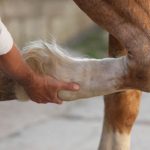
How to treat arthritis in horses
Horse Health: Treatments for degenerative joint disease

Managing your stallion
A stallion's psychological health should be given as much weight as physical health
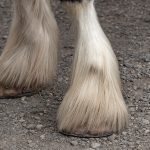
CPL: a big health issue for big horses
Horse Health: Chronic progressive lymphedema causes swollen lower limbs and puts draft horses at risk for infection
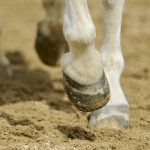
Hoof health in the weanling
Horse Health: Proper hoof development when they’re young sets your horse up for lifelong success

The key connection between bit and tongue
Horse Health: Improper bit placement can lead to an unresponsive, poorly moving horse
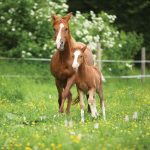
Embracing horses’ need for near-constant movement
Horse Health: Don’t discount natural movement; it’s important for horse health and weight management
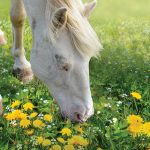
The benefit of bitters for horses
Horse Health: Bitter plants can provide a natural booster for horses’ gut health

Garden-grown proprioception
Proprioception gardens mix different types of footing, obstacles and terrain to build a horse’s body awareness
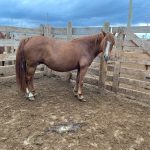
The ‘rescue’ horse
Horse Health: With the proper approach, rescue horses can prosper and be public ambassadors for horse care
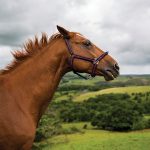
The root of anxiety management in horses
Horse Health: Calming supplements might plaster over deeper issues


